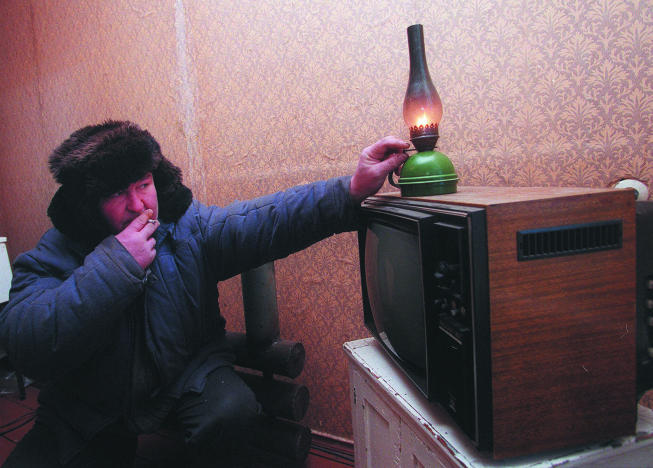The transition to market economies in many post-communist societies of the former Soviet Union and other former eastern bloc countries in Europe has a produced a “demographic collapse,” a recent report by the United Nations Development Programme has found. Among the most serious findings is a four year drop in life expectancy among Russian men since 1980, from 62 years to 58.
The development programme’s report also noted significant drops in life expectancy in Armenia, Belarus, Bulgaria, Latvia, Lithuania, and Romania. The immediate cause of the rising mortality, said the report, is the “rise in self-destructive behaviour, especially among men.” Old problems such as alcoholism have increased; drug misusea relatively new problem in the former communist blochas risen dramatically in recent years. The report Transition 1999 stated that suicide rates have climbed steeply too, by 60%in Russia, 80%in Lithuania, and 95%in Latvia since 1989.
But behind the self destructive behaviour, the authors say, are economic factors, including rising poverty rates, unemployment, financial insecurity, and corruption. Whereas only 4%of the population of the region had incomes equivalent to $4 (£2.50) a day or less in 1988, that figure had climbed to 32%by 1994. In addition, the transition to a market economy has been accompanied by lower living standards (including poorer diets), a deterioration in social services, and major cutbacks in health spending.
“What we are arguing,” said Omar Noman, an economist for the development fund and one of the report’s contributors, “is that the transition to market economies [in the region] is the biggest … killer we have seen in the 20th century, if you take out famines and wars. The sudden shock and what it did to the system … has effectively meant that five million [Russian men’s] lives have been lost in the 1990s.” Using Britain and Japanwith their ratio of 96 men to every 100 womenas the base population, the report’s authors have calculated that there are now some 9.6 million “missing men” in the former communist bloc. “The typical patterns are that a man loses his job and develops a drinking problem,” said Mr Noman. “The women then leave and the men die, first emotionally and then physically.”
Overall, the Russian death rate from accidentsmost of them involving alcoholhas risen 83%since 1991.
Figure.
ASSOCIATED PRESS
Cold comfort from free markets for men in former eastern bloc



